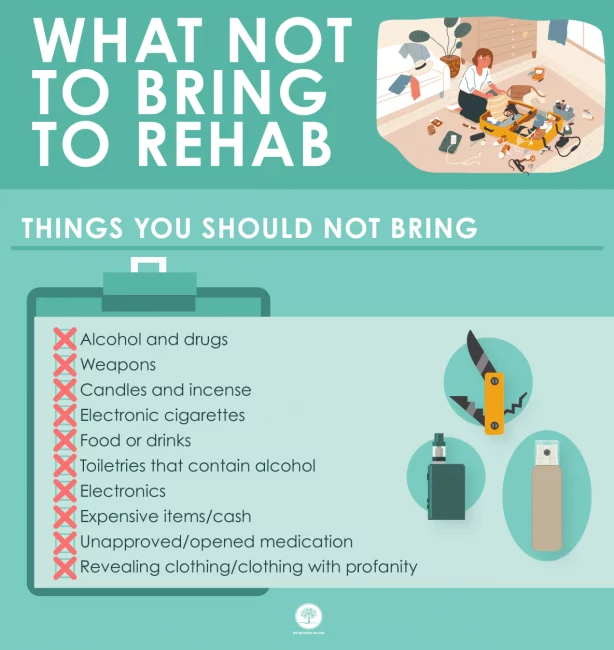Hospital Alcohol Detox: Your Gateway to Recovery
Hospital alcohol detox is a medical intervention to safely manage withdrawal symptoms. It typically involves supervision by healthcare professionals in a hospital setting.
Embarking on the journey to recovery from alcohol dependence begins with detoxification, and a hospital-based detox program offers a secure and medically supervised environment for this crucial first step. With the assistance of trained medical staff, patients can detox from alcohol comfortably and with minimal health risks.
This process often includes medication to ease withdrawal symptoms, support for nutritional deficiencies, and monitoring for any medical complications that could arise. The controlled setting ensures that individuals receive immediate care, making the process as safe as possible. Hospital alcohol detox programs pave the way to long-term treatment options, including therapy and support groups, setting a solid foundation for sustained sobriety and health.
The Rise Of Hospital-based Alcohol Detox Programs
The need for medical oversight in alcohol detox is rising sharply. Hospitals are responding to this demand. They offer specialized detox programs to manage withdrawal risks. This approach improves safety significantly for patients. A hospital setting provides immediate medical intervention if needed.
Studies indicate that hospital-based detox programs have higher success rates. Comprehensive care and stringent monitoring are main reasons. This raises the chance of long-term recovery. Patients receive support for both physical and mental health challenges. This dual approach is critical for overcoming alcohol dependence effectively.

Credit: www.therecoveryvillage.com
First Steps In Hospital Alcohol Detox
The first steps in hospital alcohol detox begin with an easy admission process. Patients provide personal info and medical history. This starts their journey to recovery. Nurses and doctors talk to each patient. They make sure everyone feels heard and safe.
After admission, assessment is key. Teams create personalized treatment plans for each person. These plans look at the health and habits of the patient. They aim to make detox safe and effective.
Navigating The Detox Process
Hospital alcohol detox is a critical step towards recovery. It ensures safety during withdrawal. Medical teams monitor vital signs constantly. These include heart rate, temperature, and blood pressure. Doctors and nurses watch for health changes. They are ready to act fast if problems arise.
Managing withdrawal symptoms is also key. Symptoms can be uncomfortable and sometimes dangerous. The medical staff provides medicines to ease these symptoms. Medicines help to prevent seizures and reduce cravings. This care helps patients get through detox more comfortably.
Comprehensive Care During Detoxification
Hospital alcohol detox requires careful monitoring. Patients receive 24/7 medical support to ensure safety. Symptoms can be strong and unexpected. Teams of doctors and nurses watch over each patient. This constant medical attention helps manage withdrawal safely.
Treatment includes more than just medical care. Therapy and counseling play key roles. They help patients understand and fight their addiction. These sessions may happen individually or in groups. Mental health professionals assist in coping with emotional challenges. This integrated approach aims for a full recovery.
Transition To Ongoing Recovery
Transition to ongoing recovery demands a thought-out plan for life after detox. Outpatient programs prove vital, offering therapy and support without a hospital stay. Joining support groups creates a network of peers who understand the struggle. These groups often meet weekly, providing consistent support.
Structured activities and counseling in outpatient care help prevent relapse. This phase is crucial for relearning life skills without alcohol. Building a sober lifestyle takes time, patience, and support. It also means finding new hobbies and positive habits. Sober living homes could also be a well-suited option, offering a safe environment with rules that support sobriety.

Credit: www.renaissancerecoverycenter.com
Success Stories And Inspirational Journeys
Countless individuals have seen their lives transformed by hospital alcohol detox programs. These victories over addiction are not just personal triumphs; they represent a beacon of hope for others. Reading through the testimonials of overcoming addiction, one finds powerful stories of resilience and renewal. Each story underscores the courage it takes to challenge a powerful foe like addiction.
Important landmarks on the path to recovery, such as celebrating one year of sobriety, are monumental. They're both personal and communal achievements. Shared joy in sobriety milestones helps create a supportive atmosphere that's vital for recovery. Let these stories inspire and motivate you, whether you're just starting on your journey or you've been on the path for a while.

Credit: www.gatewayfoundation.org
Frequently Asked Questions On "hospital Alcohol Detox"
Can Living With An Alcoholic Cause Depression?
Living with an alcoholic can contribute to depression due to increased stress, emotional turmoil, and a chaotic home environment. It's crucial to seek support if you're affected.
What Is Hospital Alcohol Detox?
Hospital alcohol detox is a medically supervised process to safely manage withdrawal symptoms when someone stops drinking alcohol.
How Long Does Alcohol Detox Take?
The duration of alcohol detox can vary but typically lasts from a few days to a week, depending on the individual's dependency level.
Can Alcohol Detox Be Done At Home?
Home alcohol detox can pose serious risks; it's safer to undergo detoxification under medical supervision in a hospital setting.
Conclusion
Embarking on the journey to sobriety can be daunting, but hospital alcohol detox provides a safe and structured environment for recovery. Trust in medical professionals to guide you toward a healthier lifestyle. Remember, taking the first step in detox is a courageous move towards reclaiming your life.
Seek out support, prioritize your well-being, and embrace the path to a brighter, alcohol-free future.

No comments